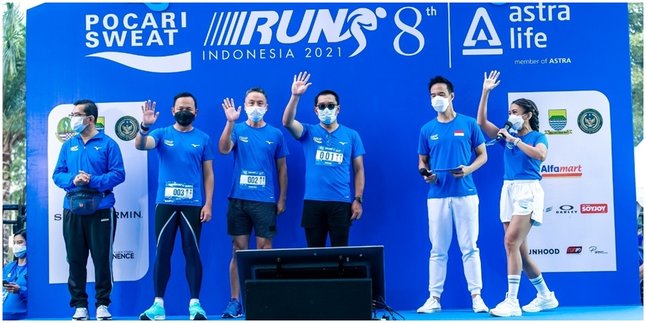Social Assistance for Covid-19 Continues, SME Sector and Community Economy Can Continue to Rise
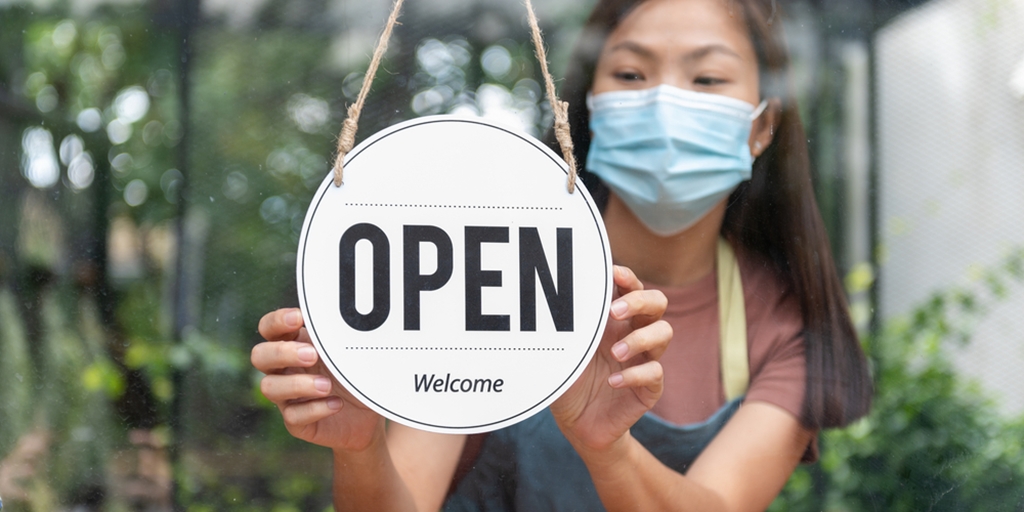
Kapanlagi.com - Many know that the government has distributed social assistance programs (Bansos) to provide a safety net for affected communities, as well as to stimulate the economy during the Covid-19 pandemic.
The good news is that the government has decided to continue the distribution of assistance to those in need, such as regular Bansos and assistance for Micro, Small, and Medium Enterprises (UMKM).
Evaluation and coordination efforts are also continuously carried out to ensure more targeted distribution. What is it like?
Almost 100% Absorption
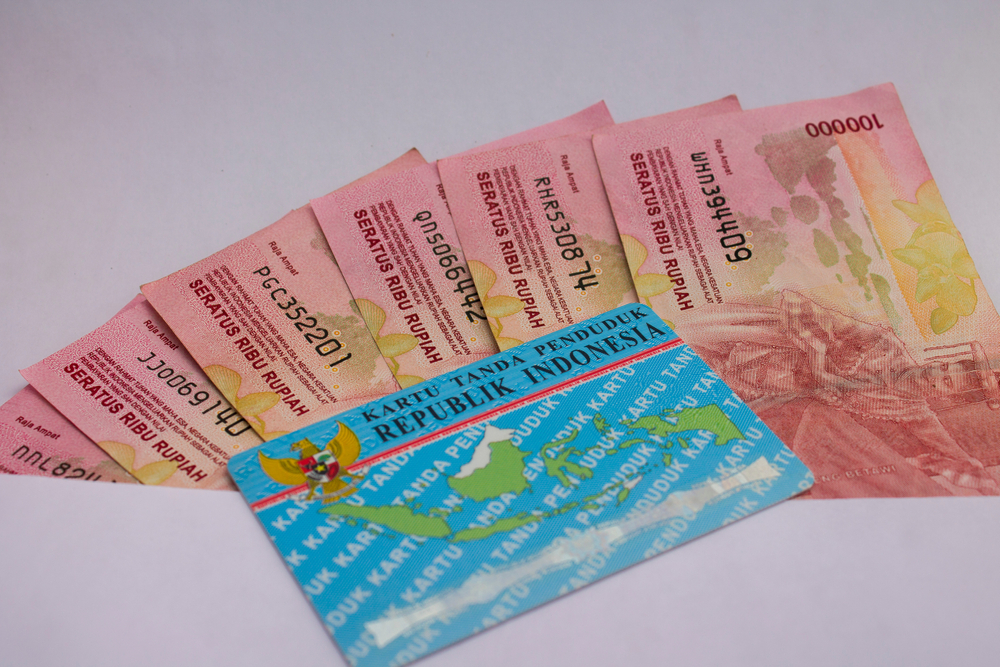
In a Productive Dialogue at the Media Center Forum Merdeka Barat 9 (FMB 9) - KPCPEN, Friday (5/11/2021), Director of Micro Business at Bank Rakyat Indonesia, Supari, stated that BRI, as a government partner in distribution, has distributed Bansos to the UMKM sector and the social protection sector with an absorption rate approaching 100%.
As for the UMKM sector, the Productive Micro Business Assistance (BPUM) and additional interest subsidies have been distributed. As for the social protection sector, there are regular Bansos programs such as the Family Hope Program (PKH) and Sembako Bansos, as well as Cash Social Assistance (BST), all of which are distributed during the Covid-19 pandemic. In addition, there is assistance in the form of KUR (People's Business Credit) to encourage UMKM players to access affordable financing facilities.
Covid-19 Situation is Under Control
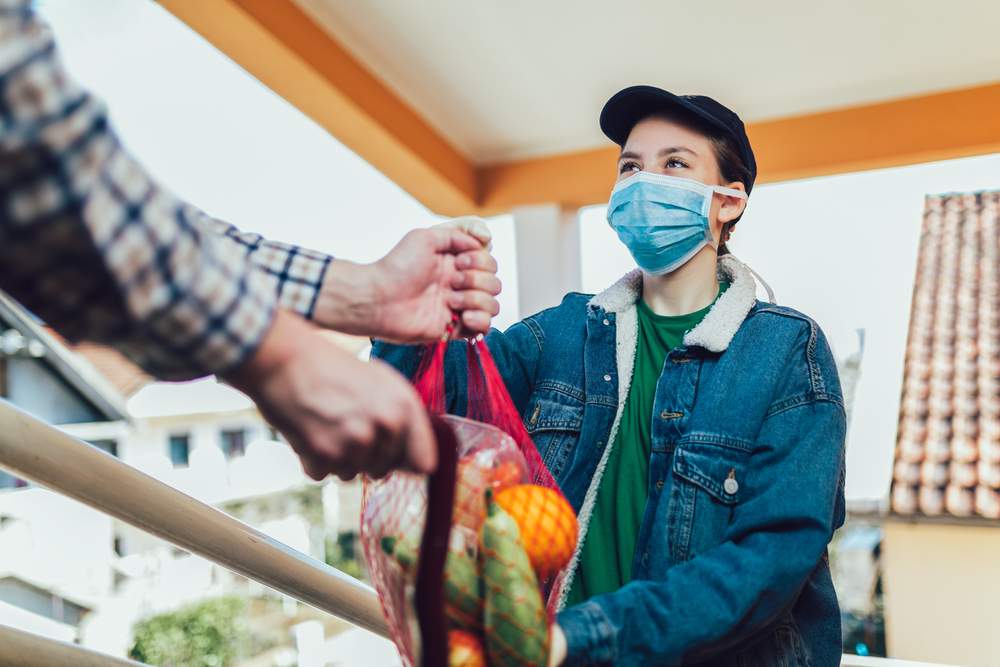
Supari emphasized that they continue to support government-responsive programs. According to Supari, the distribution of assistance has an impact on national economic recovery and will continue to be accelerated until the expected government growth occurs.
Regarding the latest developments, Supari stated, "The Covid-19 situation is under control and mobility is high, several credits at BRI have returned to normal, like pre-Covid times."
UMKM Recovery Can Be Accelerated in 2022

Regarding the 2022 projection, he stated, "The ecosystem's resilience to the Covid-19 pandemic in this country has been restored. If it can be maintained, then there will be an acceleration of recovery."
If everything accelerates well, the community becomes more disciplined in health protocols, and the good momentum can be maintained, Supari estimates that UMKM recovery can be accelerated, at least in the second semester of 2022, approaching the situation before the pandemic.
According to him, in 2022, in addition to regular Bansos that are maintained, subsidized credits that can be received and accessed by UMKM players such as KUR are still very much needed and expected to be expanded.
Government Social Assistance for the Community

As one of the state-owned enterprises distributing social assistance, Director of Institutional & Planning at PNM (PT Permodalan Nasional Madani), Sunar Basuki, explained in the same opportunity that PNM has served the community in terms of distributing assistance from 2 government programs, namely non-cash assistance in the form of interest subsidies and direct cash assistance, namely BPUM.
In 2020, non-cash assistance was distributed to 5.3 million customers. Meanwhile, BPUM cash assistance was distributed to 3.6 million customers and has a high distribution accuracy, with more than 90% being used for business recovery.
"For 2022, PNM will distribute non-cash assistance while BPUM will be distributed by distributing banks." So we have provided all our customer database to the government," said Sunar.
Sunar stated that they have PNM Mekaar customers with unique profiles. They serve the community with ultra-micro financing, such as informal business actors, who mostly do not have access to banking. In addition, all 10.8 million customers are women and group-based. More than 49 thousand mentoring staff regularly communicate with PNM customers.
The Community Also Receives Electricity Subsidy Assistance
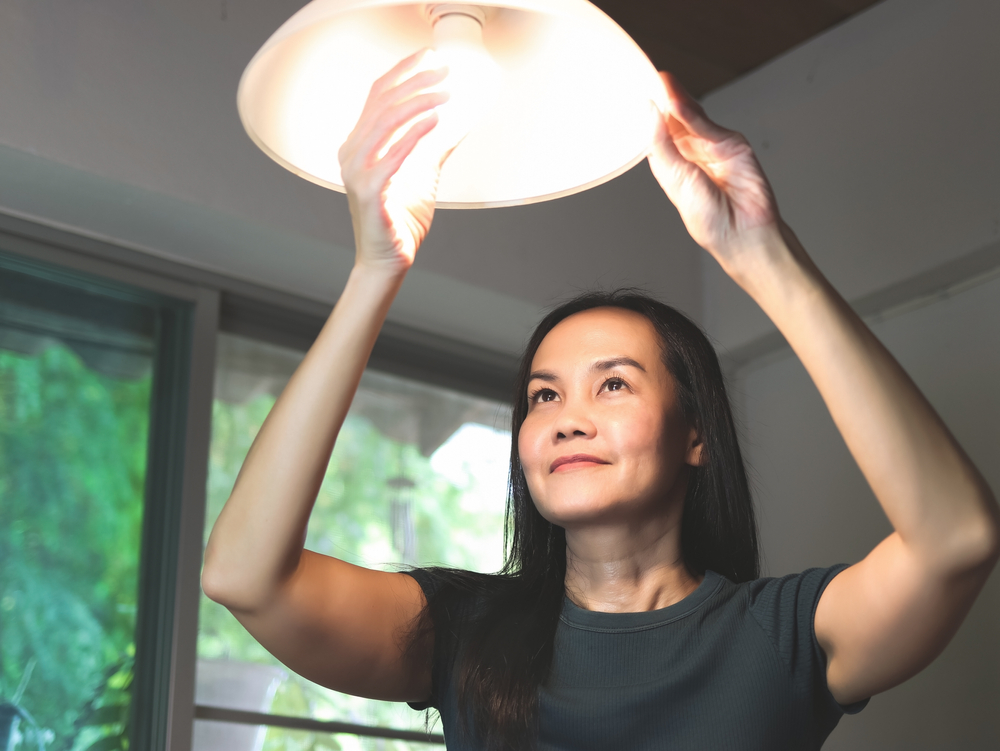
Regarding electricity subsidy assistance, PLN's Director of Commerce and Customer Management, Bob Saril, explained that the provision of electricity subsidies to the community has been ongoing since 2003. Meanwhile, during the pandemic, the subsidy assistance is supplemented with stimulus.
"The stimulus is not only given to families, but also to business and industrial groups, including small-scale ones," said Bob.
For MSMEs affected by the pandemic, PLN also provides discounts for additional power if higher power is needed. The cost, which was originally Rp4 million, is now only Rp150-200 thousand, so it is expected to help the community in terms of economic recovery.
In terms of distribution, PLN also collaborates with relevant ministries and institutions for data collection, so that the assistance can be targeted. As for other assistance, such as the provision of basic necessities, PLN carries it out together with its employees through CSR programs.
The Covid-19 Pandemic Presents Its Own Challenges in Designing Social Assistance
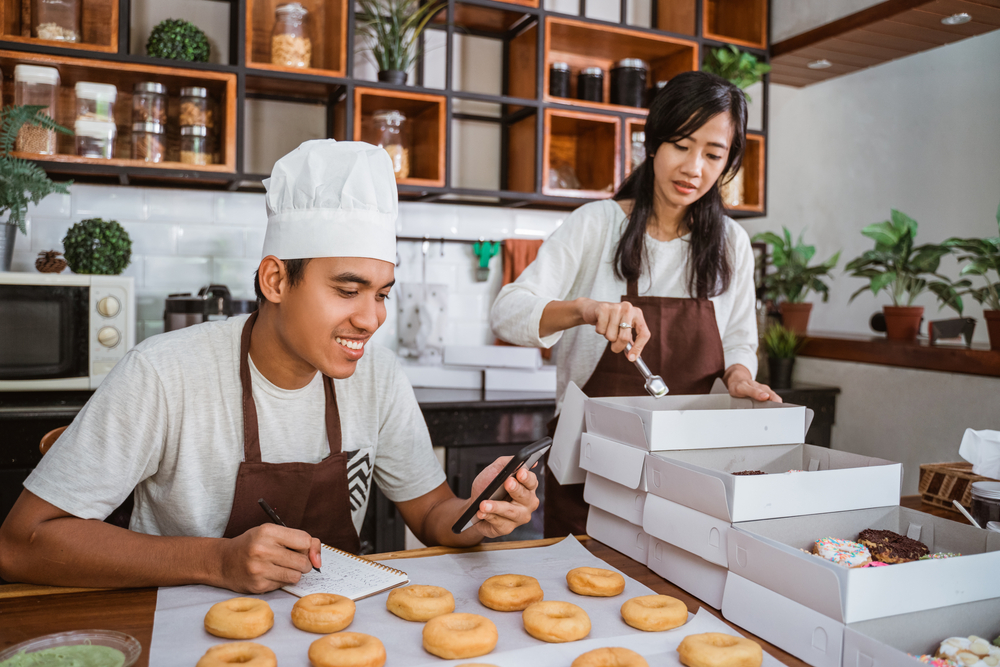
At the same opportunity, Researcher at the Center of Reform on Economics - CORE Indonesia, Yusuf Rendy Manilet, explained that the emergence of the Covid-19 pandemic presents challenges in designing comprehensive and inclusive assistance.
He highlighted the benefits of assistance such as BPUM because besides being a temporary cushion during the pandemic, it can also serve as initial capital for MSME actors after the pandemic subsides, making it easier for them to re-enter the economic wheel.
In 2022, according to Yusuf, although the economic recovery is expected to be better, the provision of assistance is still essential. The withdrawal of assistance must be done carefully and gradually to avoid impacting those who still need it.
"Everything also depends on the accuracy of data, evaluation of PEN fund distribution, and the support of local governments in distribution coordination," he said.
Yusuf assessed that in 2022, assistance for MSMEs is still needed because they have a large portion in the economy, and 99% of them are micro-enterprises.
"So assistance related to MSMEs, especially micro-enterprises, is still essential to continue," emphasized Yusuf.
Considerable investment and efforts have been made for pandemic control and national economic recovery. To preserve and enhance the resilience ecosystem that is now beginning to form, the community is encouraged to continue supporting government programs, including continuing efforts to protect health such as adhering to health protocols and vaccination.
(kly/tmi)
Cobain For You Page (FYP) Yang kamu suka ada di sini,
lihat isinya
This is what happens when the TV series 'Dari Jendela SMP' and UN1TY, which are currently very popular, collaborate
What will the result of their collaboration be like?
Guided by Daniel Mananta and Melanie Putria, Here's the Excitement of Pocari Sweat Run Indonesia 2021
Here is a summary of the excitement of Pocari Sweat Run Indonesia 2021.
To Reduce the Spread of COVID-19, Equal and Fair Vaccination is the Key to Success
The equal distribution of vaccinations in the country must be intensified to ensure that every citizen is maximally protected.
Cure the Longing for a Vacation Abroad, Let's Transform the Atmosphere of Your Home into a Recreational Place
Transform the atmosphere of your home into a recreational place with the following steps.
It's Time to Shine, Brave Beauties! Time to be a Catalyst for Change with Beauty Moves You
This campaign invites Indonesian women to explore other aspects of beauty such as progressive, modern, and beneficial values for the environment.
Government Accelerates Teen Vaccination, Student Protection During Limited Face-to-Face Learning Strengthens
Until October 27, 2021, only about 14.5% of the target for adolescent vaccination has received the first dose of vaccination.
Spiced up by Gigi and Nassar, Let's be #AllRounders at the People's Party Simpedes
There are lots of interesting knowledge and exciting entertainment!
What Happens When the Sixth Sense is Combined with Advanced Technology? Here are the Results
Nowadays, various advanced discoveries are made, such as the combination of the sixth sense and the following technology.
Despite the Pandemic Not Being Over, Government Emphasizes Not Banning Celebration of Prophet Muhammad's Birthday
However, the public is still asked to strictly implement health protocols
Trend of Ampoule Mask that Becomes the Secret of Korean Girls' Beauty, Is It Really Effective in Brightening the Skin?
It is rumored that the product effectively brightens the face in a short time. Is it true?



